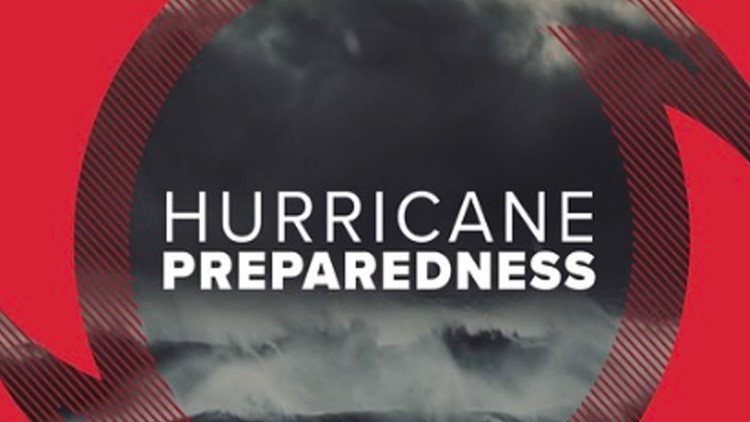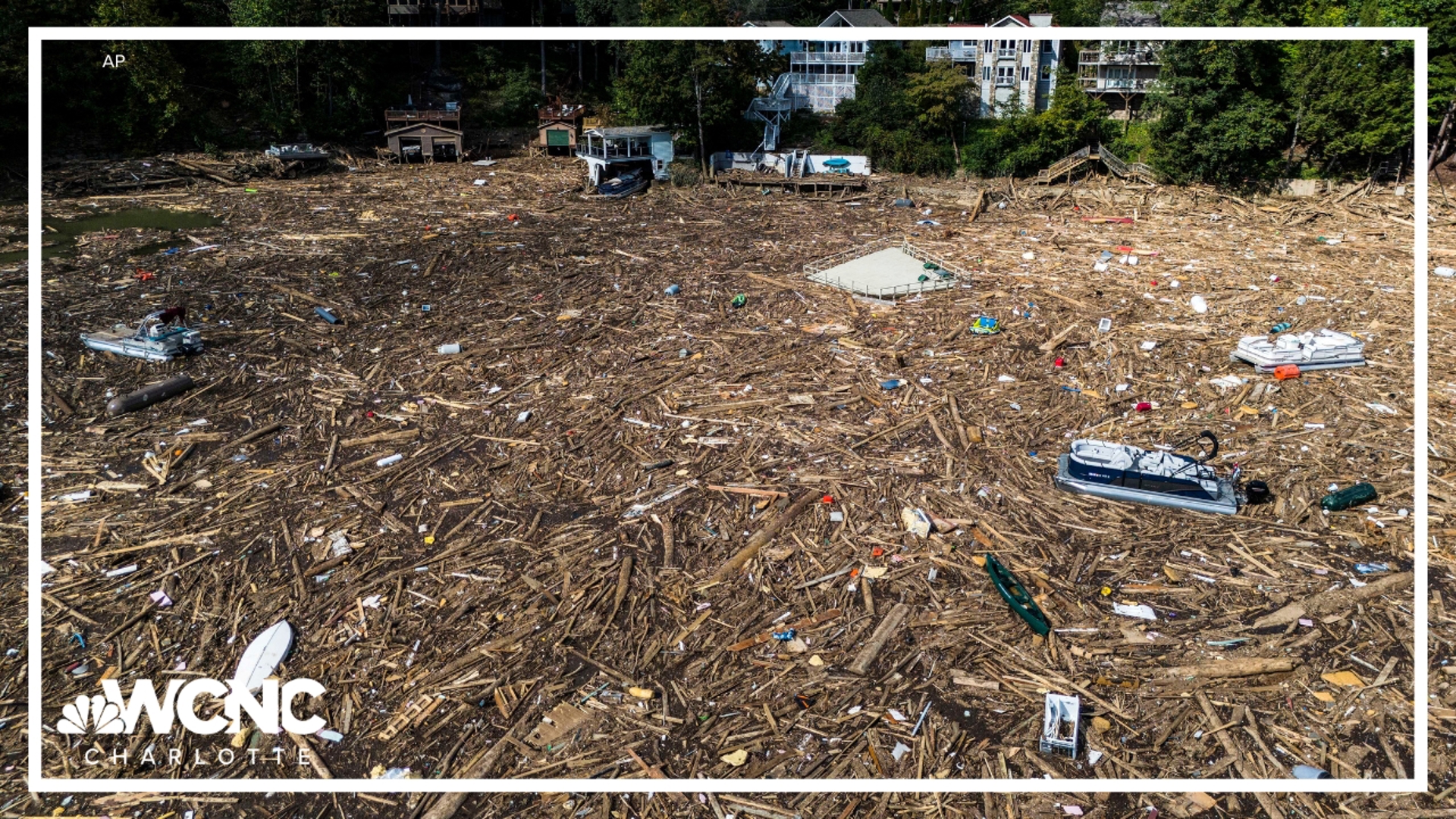GREENSBORO, N.C. — North Carolina has issued a state of emergency ahead of potential impacts from Hurricane Dorian.
State emergency officials are watching Hurricane Dorian closely. Gov. Cooper said you should be prepared for impacts from Dorian and future disasters.
“Hurricane Dorian tracking toward the coast of Florida is a timely reminder to get your emergency plans and supplies ready,” Governor Cooper said. “North Carolinians should make sure they are ready for this storm and for all types of emergencies and disasters.”
Prepare by taking time to:
- Review your family’s emergency plan and know your evacuation routes.
- Check your emergency supply kit, which should contain food, water, medicines, charging cords, batteries, and other essentials.
- Make sure your insurance is up to date. Consider purchasing flood insurance if you do not have it since flood insurance policies do not take effect until 30 days after purchase.
Stay current, stay informed and stay safe with the WFMY mobile app.
- Download the WFMY News 2 iPhone app
- Download the WFMY News 2 Android app
- Download the WFMY News 2 iPad app
EMERGENCY PLAN
Write or review your Family Emergency Plan: Before an emergency happens, sit down with your family or close friends and decide how you will get in contact with each other, where you will go, and what you will do in an emergency.
Keep a copy of this plan in a sealed tight waterproof container in your emergency supplies kit or another safe place where you can access it in the event of a disaster.
Here are four key questions to get you started on making an emergency plan:
1. How will I receive emergency alerts and warnings?
2. What is my shelter plan?
3. What is my evacuation route?
4. What is my family/household communication plan?
EMERGENCY KIT SUPPLIES
- Water (one gallon of water per person per day for at least three days, for drinking and sanitation)
- Food (non-perishable items, at least a 3-day supply)
- Can Opener (for any canned foods)
- Flashlights
- First Aid Kit
- Extra Batteries (for flashlight, radio, cell phone)
- Diapers & Wipes (if you have a baby or a young child)
- Toiletries & Medicine
- Pet Food & Supplies
- Whistle (to signal for help, if needed)
- Local Maps
- Plastic Bags (for sanitation and to keep electronics and important documents dry)
- Cash (if there's no power and you can't access an ATM)
- Moist towelettes, garbage bags and plastic ties for personal sanitation
- Wrench or pliers to turn off utilities
- Blankets and sleeping bags (1 per person)
- Extra house and car keys
- Fire extinguisher
- Rubber gloves
- Life jackets
MAKE SURE YOU'RE COVERED
The state has issued the following information for making sure your family is safe and that you are covered ahead of a hurricane.
Hurricane Precautions
- Safety first. Develop an evacuation plan for your family, including your pets. Always follow guidance from emergency officials both for evacuating before the storm and returning to an affected area after the storm.
- Protect your property by covering all windows with plywood or shutters, moving vehicles into the garage when possible and placing grills and patio furniture indoors.
- Make sure watercraft are stored in a secure area, like a garage or covered boat dock.
Ensure You’re Insured
- Review your property insurance policy, especially the "declarations" page, and check whether your policy pays replacement costs, or actual cash value for a covered loss.
- Inventory your household items, and photograph or videotape them for further documentation. Keep this information and your insurance policies in a safe place.
- Keep the name, address and claims-reporting telephone number of your insurer and agent in a safe and easily accessible place.
- Flood damage is not covered by a standard homeowners’ policy, however, coverage can be purchased through the National Flood Insurance Program or your insurance company. There is a 30-day waiting period between the date of purchase and when the actual flood coverage goes into effect.
- Water damage to a vehicle is typically covered under an auto policy’s comprehensive insurance coverage.
- A typical homeowners’ policy will cover property damage in limited instances for small watercraft, and separate boat policies will provide broader, more extensive property and liability protection for larger, faster boats, yachts, jet skis, and wave runners.
If Your Home or Business Sustains Damage
- Contact your insurer(s) immediately after the storm to report all losses and damages. Having your insurance information will speed things, so locate that as soon as possible.
- Keep all receipts for any repairs so your insurance company can reimburse you.
- Keep all recovery-related receipts, including for meals and lodging, as those might be covered under the “additional living expenses” portion of your insurance policy.
- Businesses may also have coverage related to interruptions caused by the storm and should maintain records, receipts, etc.
- Prepare a list of all damaged property (structure and contents), and if possible, photograph or video the damaged items.
- Return claim forms as soon as possible to your insurer.
- Work closely and stay in regular touch with your insurer.
- Check with your insurance adjuster or Better Business Bureau for referrals to professional restoration, cleaning and salvage companies if additional assistance is needed.
- Be extra wary of some unscrupulous third-party contractors who prey on storm victims. Ask for proof of professional licenses. Don’t pay for everything up front. Have a contract for repair work. Talk to your insurer if you have questions or concerns about contractors or your insurance policy.
- When you rebuild, ask your contractor about adding features that would increase the building’s disaster-resistance.
The following documents will help ensure storm readiness and recovery:
For more information, visit https://ncdoi.com/HurriClaims/




